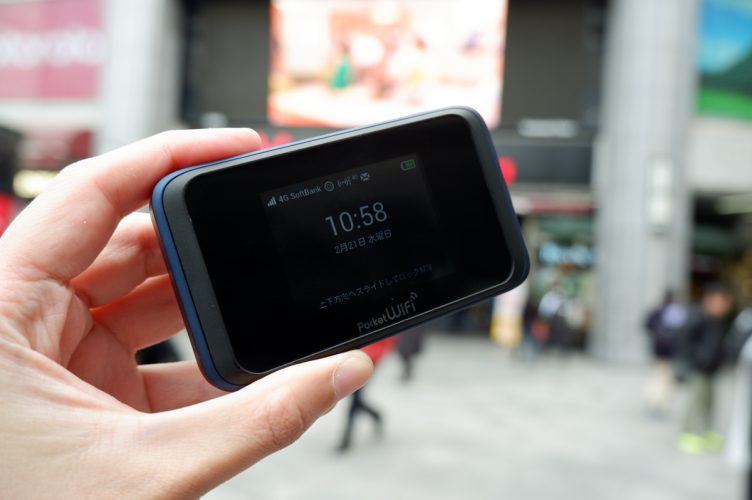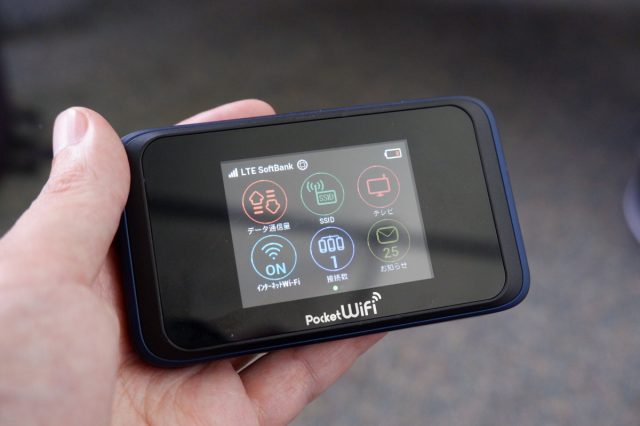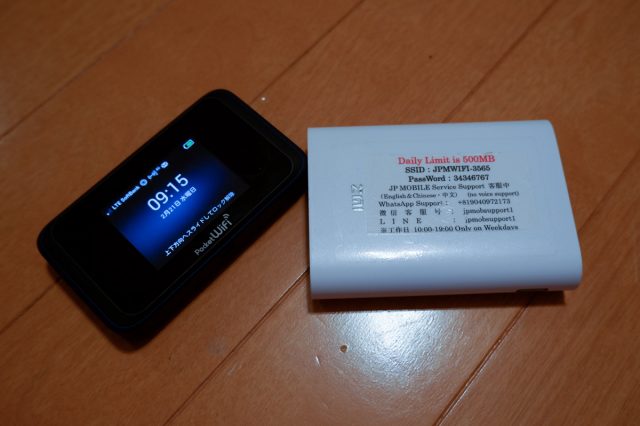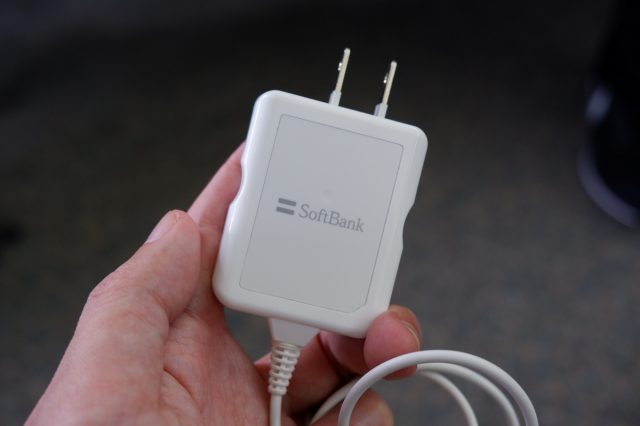- Shares
- 34
When it comes to traveling, the three things that we used to place plenty of emphasis on – where to eat, where to stay, and how to get there – have now been replaced by the other three common questions – do we roam, buy a data SIM or rent a Wi-Fi router?
Imagine a time where travellers explored a foreign city without the help of the Internet – yeah, that’s a big no because it’s actually quite unthinkable for such a scenario. Let’s face it, traveling is about bragging for some people, so without the Internet and being able to post those delicious food and travel pictures on social media, did that vacation ever actually happen?
In all seriousness, the Internet has been a boon to travel. Being able to communicate using WhatsApp and the like, helps us avoid expensive traditional text messages (Take that telcos!). Navigating a new country has never been easier with the use of Google Maps, and the power of the Internet. The above two examples are simply the more traditional ways how travellers might make use of the Internet while on holiday.
However, to be able to access the Internet overseas might not always be simple. To prevent that from happening, pre travel research usually goes down like this –
- Intense googling for SIM card options at the airport.
- Finding a plethora of probably outdated and inaccurate information on where to purchase the SIM cards.
- Arriving at an unfamiliar airport, and having to search for a vendor that sells local data SIM cards, only to find out the store is closed (it happens!).
- Settling for a data SIM plan that might have too little / too much data / too expensive for your needs.
- Realising that it gets depleted in double quick time due to all that intense Google Maps navigation and Instagram stories.
- Scream at being unable to share the special moment on social media
In lieu of hunting for SIM cards, be it foreign ones or local ones that work overseas, one could also pick up a WiFi router. These days, there are three options – pick one up at the local airport, at the destination airport, or book a hotel that offers the service.
Having made a recent trip to Tokyo, the portable WiFi from Changi Recommends certainly came in more than handy. While prepaid telco SIM cards have been decent, the speeds and coverage can leave you wanting (your mileage may vary). Often, it is possible to find a full signal, but with no connectivity. Otherwise, the most affordable 1GB option might run out far too fast for travel needs. Granted, SIM cards tend to be the cheapest option out there, but reliability is another matter altogether.
Staying online 24/7
Picking up the WiFi router is the easy part. Once reservations have been made online via Changi Recommends, the next step would be to pick up the router just before stepping into immigration. Here’s a pro-tip – ALWAYS make online reservations for it. These things are so popular, there is very little chance that you can just walk up to the counter expecting an available unit.
The router comes pre-configured to the country of your choice, which means you already determine the destination, for the router to work in. Connecting to the router works like any hot-spot – you connect your devices to the router with the device SSID and password found at the back of the router. The router lasts as long as it has juice.
The supplied router is entirely in Japanese so you’re unlikely to fiddle with the device much. Not that you’d want to do so.
On the ground
Having landed at Tokyo Narita Airport, the first instinct was to figure out how to get to the hotel via Google Maps. Powering on the router, it automatically connected to the local network. The speeds were noticeably sluggish though, but sufficient to feed enough data to help provide navigation to my next destination.
While on the train, the router was able to achieve pretty good results but the speeds really shone through upon reaching the main city of Tokyo itself with speeds hitting easily 60Mbps. Throughout the journey, this was the normal while about and about.
Japan might seem to be a technological marvel to the outside world, but the hotel and subsequent AirBnB locales I stayed in provided less than desirable surfing experiences. The WiFi speeds in the hotel room were capped at 5Mbps, which made it incredibly difficult to upload the large video files.
Over at the AirBnB, the supplied “Internet” for the home was another portable router which had data usage capped at a mere 200mb per day, which for many of us, is far too little to manage for modern Internet consumption.
Thankfully, with the supplied Changi Recommends WiFi router, speeds and data caps are the least of your worries. The surfing speeds throughout the city were constantly snappy, and there was no risk of busting any caps as the plan provided for unlimited bandwidth.
Going the distance
In day-to-day use, the battery life of the router was able to eke out about 7-8 hours of continuous use. There were points in the trip where the router required a quick charge with a portable powerbank and thankfully, it was functioning while plugged into the powerbank at the same time.
Charging the router to full battery levels takes about two full hours, and is best achieved with the supplied charger, instead of any other source.
With continuous use, the router does become warm and does become uncomfortably hot to hold after periods of extended use. Thus, just chuck it in your bag instead of the pocket.
With rental charges for Japan priced in at $5 per day, opting for a Changi Recommends WiFi is pretty competitive compared to many other alternative options out there, such as a prepaid telco SIM card or snagging a SIM Card on the ground. You can also connect several devices to this router. And if you’re a power traveller hungry for connectivity, ChangiWiFi could be a top of mind choice when reliability and peace of mind are a priority.
Just remember to return it to the counter once you’ve landed instead of making a mad dash for the taxi stands. High speeds should be only left to the router when travelling.
Gerald currently straddles between his love of video games and board gaming. There’s nothing that interests him more than trying out the newest and fanciest gadget in town as well. He dreams of publishing a board game sometime in the future!















